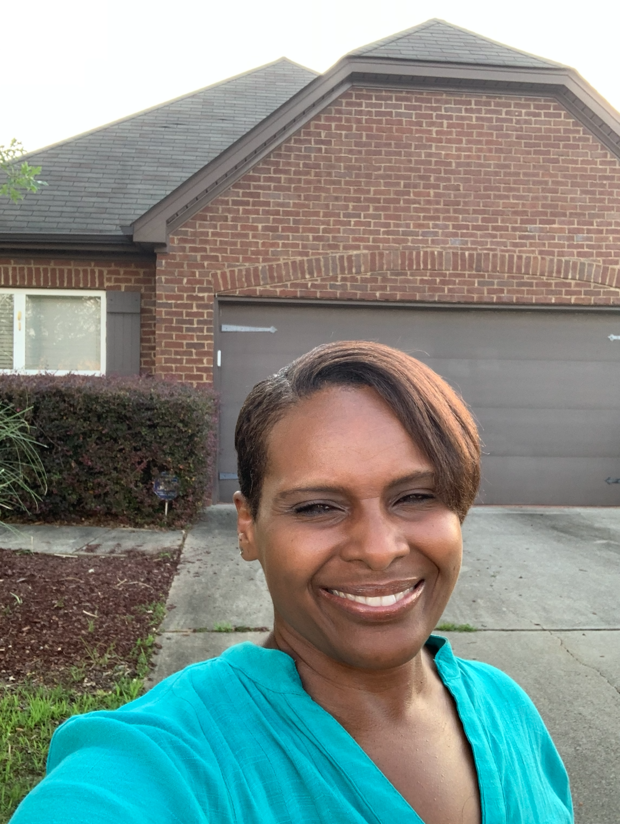8 Million Households Face Eviction Or Foreclosure Within Weeks
More than 2 million homeowners are behind on their mortgages and risk being forced out of their homes in a matter of weeks, a new Harvard University housing report warns.Wednesday, June 16th 2021, 3:18 pm
Even as the nation rebounds from the coronavirus pandemic, more than 2 million homeowners are behind on their mortgages and risk being forced out of their homes in a matter of weeks, a new Harvard University housing report warns.
Most of the homeowners at risk of foreclosure are either low-income or families of color, said researchers who published the 2021 State of the Nation's Housing report. Congress has dedicated $10 billion to help homeowners get caught up on payments, but it's unclear if that funding will make it to families before mortgage companies begin sending out foreclosure notices, researchers say.
Separately, millions more renters are "on the brink of eviction," the Harvard researchers found. Census data show that 6 million households are still behind on rent and could face eviction at the end of June, when federal eviction protections expire.
The Center for Disease Control order halting some evictions, and federal limitations on foreclosures for federally-backed housing, both expire on June 30. Housing advocates have pushed for the Biden administration to extend both, but there is no indication an extension will happen.
"With so many renters in financial distress, there are concerns about an impending wave of evictions," the Harvard report said.
More than 7 million homeowners took advantage of the foreclosure moratorium passed as part of the Coronavirus Aid, Relief and Economic Security Act last spring. The provision was later extended by the Biden White House. As of March 2021, most of those homeowners have started repaying lenders and some are even up to date with their lenders. But that leaves about 2.1 million still behind on their mortgages, researchers said.
Of that number, about 325,000 homeowners have a Federal Housing Administration loan and are behind at least 60 days. They are most likely people of color, the U.S. Department of Housing and Urban Development said Wednesday.

Karen King, 51, of Alabama is hoping she can cut a deal with her mortgage lender because she can't afford to pay five months worth of payments all at once. KAREN KING
Karen King, who is five months behind on her mortgage in Birmingham, Alabama, told CBS MoneyWatch she is "terrified" that her home could be taken away.
King, 51, a staff member at the Tuscaloosa Housing Authority, fell behind on payments last year after her job switched her to part-time hours during the pandemic. She now owes $4,200. King returned to full-time hours in January, but has only been able to pay her normal monthly mortgage amount—no more.
King said she will have to try to strike a special payment arrangement with her mortgage provider, but she's nervous about having that conversation because she's unsure if the lender will accept an unusual payment plan.
"I can't necessarily pay extra on the mortgage, so I'm hoping I could work out something with them," King said, adding that she's willing to tack on five payments at the end of her home loan. "I actually would prefer a deferment," she said.
People of color like King were hit especially hard with income losses during the pandemic, the Harvard researchers said. As a result, 17% of Black, 16% of Hispanic and 16% of Asian-American homeowners were behind on their mortgage in early 2021 — more than twice as much as the 7% share of White homeowners.
"For those households with secure employment and good-quality housing, their homes provided a safe haven from the pandemic," Harvard researcher Chris Herbert said in a statement. "But for millions struggling to cover the rent or mortgage, their housing situations have become increasingly insecure and these disparities are likely to persist even as the economy recovers."
Homeownership gap remains
The report also touches on the sharp increase in home prices since mid-2020, the shortage of homes available for sale nationwide and the homeownership gap between Black and White Americans.
The Black homeownership rate was 46% during the first quarter of 2021 compared to 74% for White Americans, researchers said. There was a slight improvement statistically in the gap, but the numbers are "still large by historical standards," they said.
The gap remains in large part because of the income gaps between Black and White households, researchers said. In 2019, the median income for a household headed by a White person was $76,100; for a household headed by a Black person, it was just $45,000, Census data show.
"Accumulating the savings needed for down payment and closing costs is difficult for most first-time buyers, but especially for renter households of color," according to the report, which was funded by Wells Fargo, Habitat for Humanity, the National Association of Realtors and the National Association of Home Builders.
Pumping more money into the home down payment assistance programs that state and local governments offer and targeting those dollars to people of color would help shrink the gap, the report recommended.
More Like This
June 16th, 2021
March 11th, 2024
December 1st, 2023
November 2nd, 2023
Top Headlines
May 8th, 2024
May 8th, 2024










